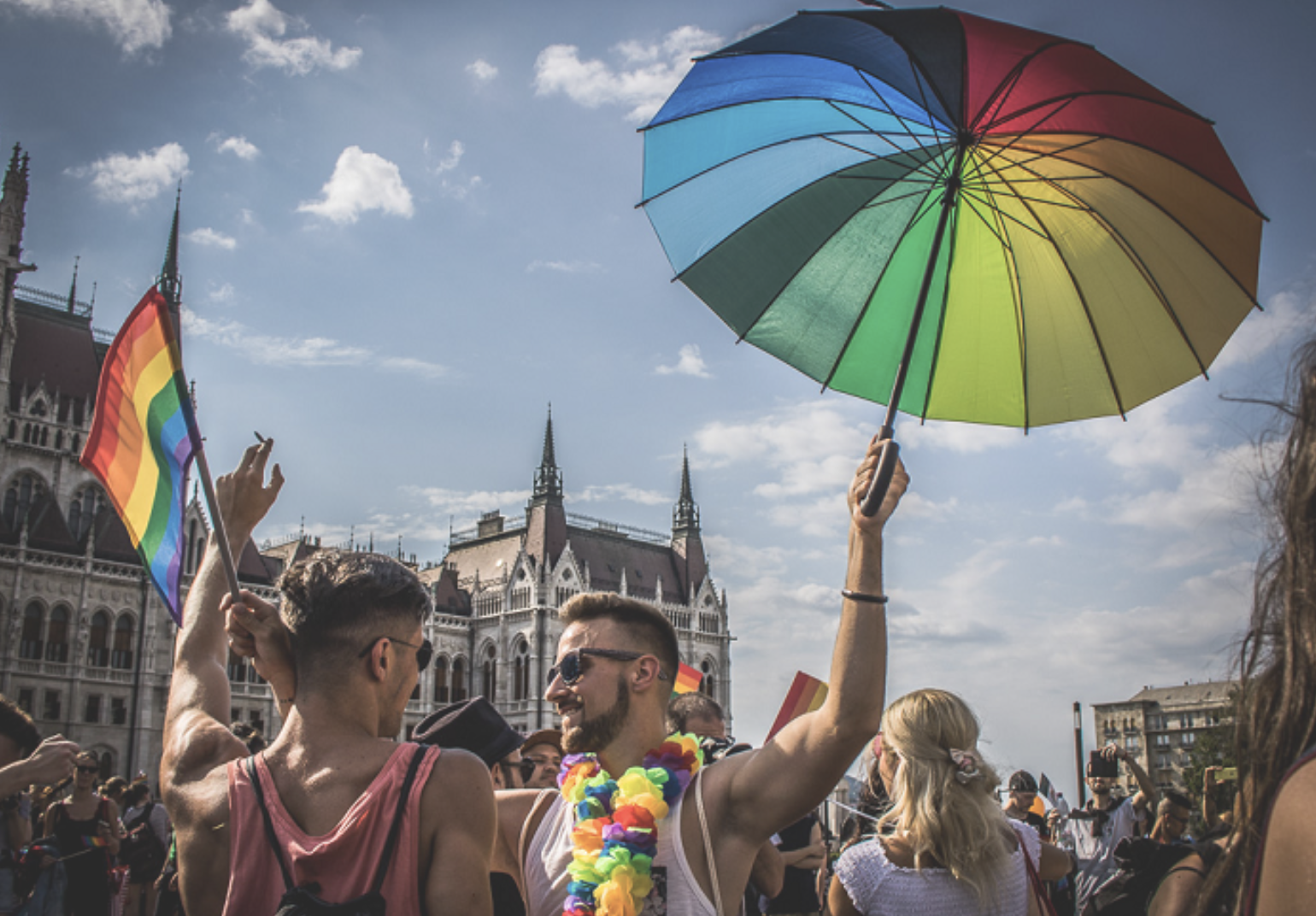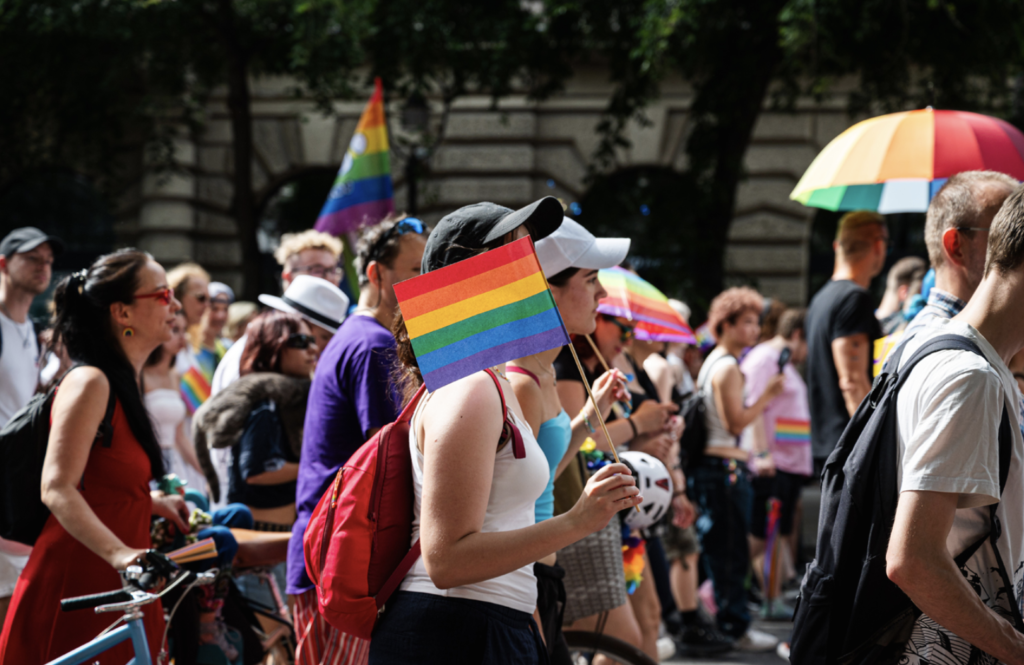Hungary has officially banned Budapest’s Pride, passing a bill that equates any public display or “promotion” of homosexuality with harm to minors. But the move is not just symbolic—it comes with teeth. Authorities are now empowered to use facial recognition technology to retroactively identify and fine not only organisers but anyone who dares to show up.

Participation in the now-illegal march could result in penalties of up to 200,000 forints (approx. €500). No on-site police check is required: public surveillance cameras will do the job, scanning crowds and matching faces to Hungary’s national photo registry. What was once a tool for serious crimes can now be used against someone who simply joined a peaceful LGBTQ+ gathering.
This system, initially framed as child protection, is in fact a sweeping expansion of state surveillance. Legal changes now allow this technology to be used for minor infractions—littering, jaywalking, public urination—creating a chilling precedent where basic rights are eroded under the guise of order.
But maybe this is exactly why now is the time to show up. If Hungary wants to intimidate and isolate queer people, what better answer than a pan-European wave of solidarity? Imagine thousands of us marching in Budapest, overwhelming their cameras and turning fear into resistance.
Let them try to scan us all.
You may also like
-

Ten Years of Balkan LGBTQIA: A Decade of Fighting Borders, Discrimination and Silence
Created in Brussels by volunteers from across the Balkans, Balkan LGBTQIA has spent ten years
-

Queens of the South: When Nice Turns Carnival into Queer Celebration
On 27 February 2026, Place Masséna in Nice will shimmer a little brighter. Lou Queernaval,
-

Cœur de pirate at AB: the runaway pop of a queer icon lands in Brussels
A major figure in Francophone pop and an outspoken voice in the queer community, Cœur de pirate
-

Safer on Paper, Not in Reality”: ILGA Warns of Rising Anti-LGBTQIA+ Violence in Belgium
Belgium still ranks among Europe’s most protective countries for LGBTQIA+ people on paper – yet
-

“March Is for the Queers”: Why You Should Put Queer March Ghent 2026 on Your Radar
Every March, Queer March turns Ghent into a month-long celebration of queer life, resistance, and

